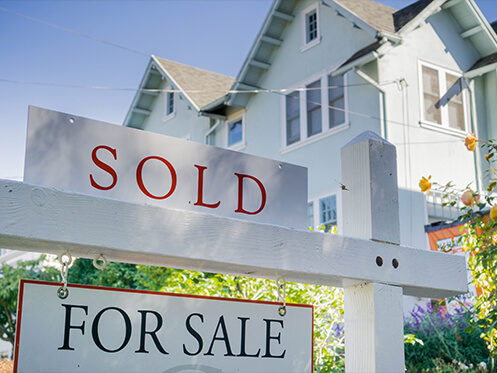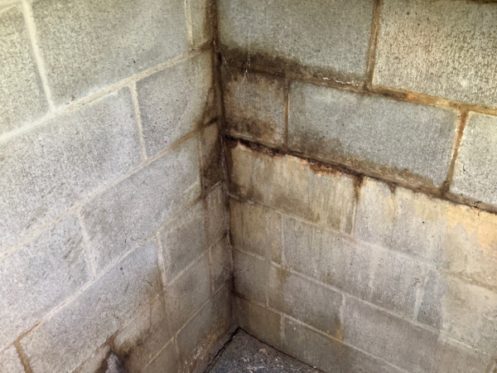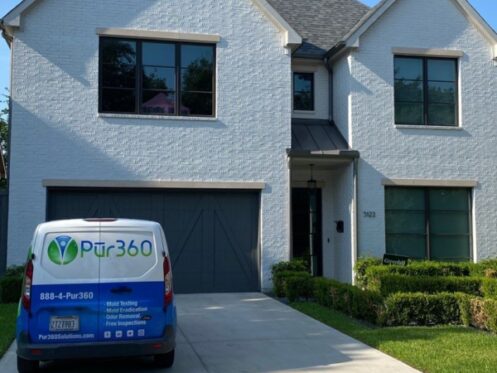While the term “snowbird” has been around as early as 1928, it took on a whole new meaning in the late ‘70s, when large numbers of retired people fled to warmer, southern states during the cold winter months. This term has now evolved into “winter visitors” and includes not only baby boomers but also families with second homes in these areas.
There should be just as much thought put into when arriving at your new home as when leaving the cold confines. If you have a management company or not, below are a few helpful tips to make sure it is ready for you to enjoy.
1) Clear out the stuffiness
Homes that are closed up for months at a time tend to get stale and stuffy. One common cause is recycled or stagnant air. With our homes being more energy-efficient, it is less likely that outdoor air will seep in to lessen the indoor air pollutants.
The Environmental Protection Agency (EPA) says that the air in homes and other buildings can be more seriously polluted than the outdoor air. Having your home’s air sanitized will take care of any possible mold, allergens, bacteria, dust mites, and odors that can build up in your absence.
2) Invest in technology
One large advantage of technology these days is the ability to stay connected. With alarms, thermostats and doorbells (such as NEST), you can easily be notified of home safety and control the temperature from near or far. Be sure your home is monitored for the best temperature to reduce humidity in the house.
3) Increase the airflow
Condensation can wreak havoc on a closed-up home. It is important to make sure that in addition to proper temperature control, airflow is initiated. Follow these simple steps:
- Reduction of stagnant, cool air. Air movement by overhead fans can disburse stagnant air.
- Raising surface temperatures. Keep the room temperature warmer rather than colder.
- Reducing and stabilizing humidity. Possibly utilizing a dehumidifier.
By maintaining these three simple steps, you can avoid walking into a home engulfed by stagnant air, condensation and humidity; a breeding ground for mold.



